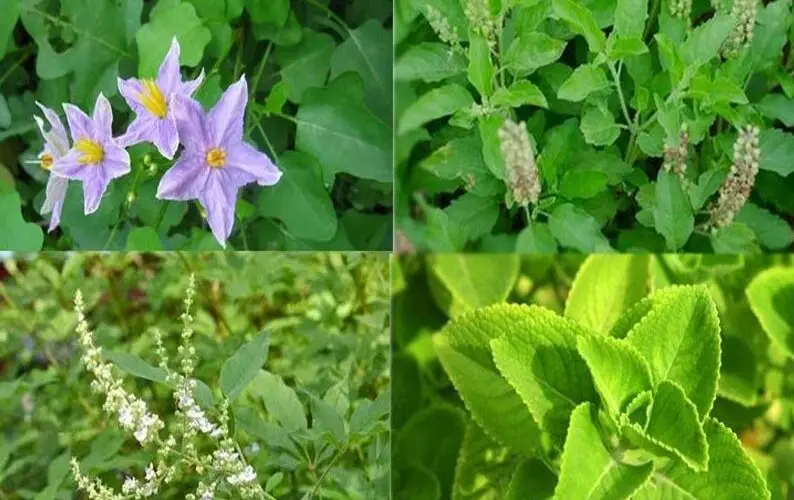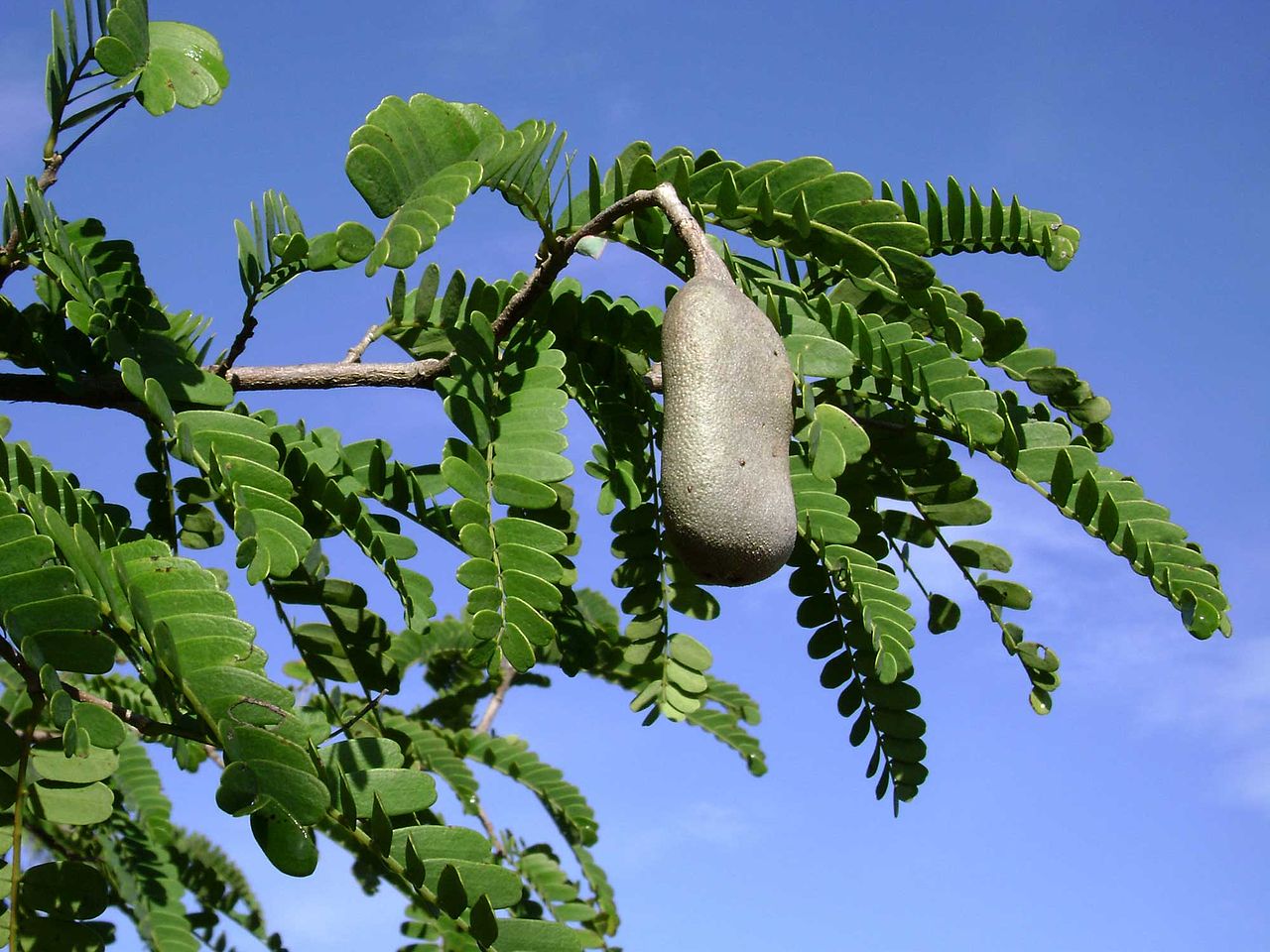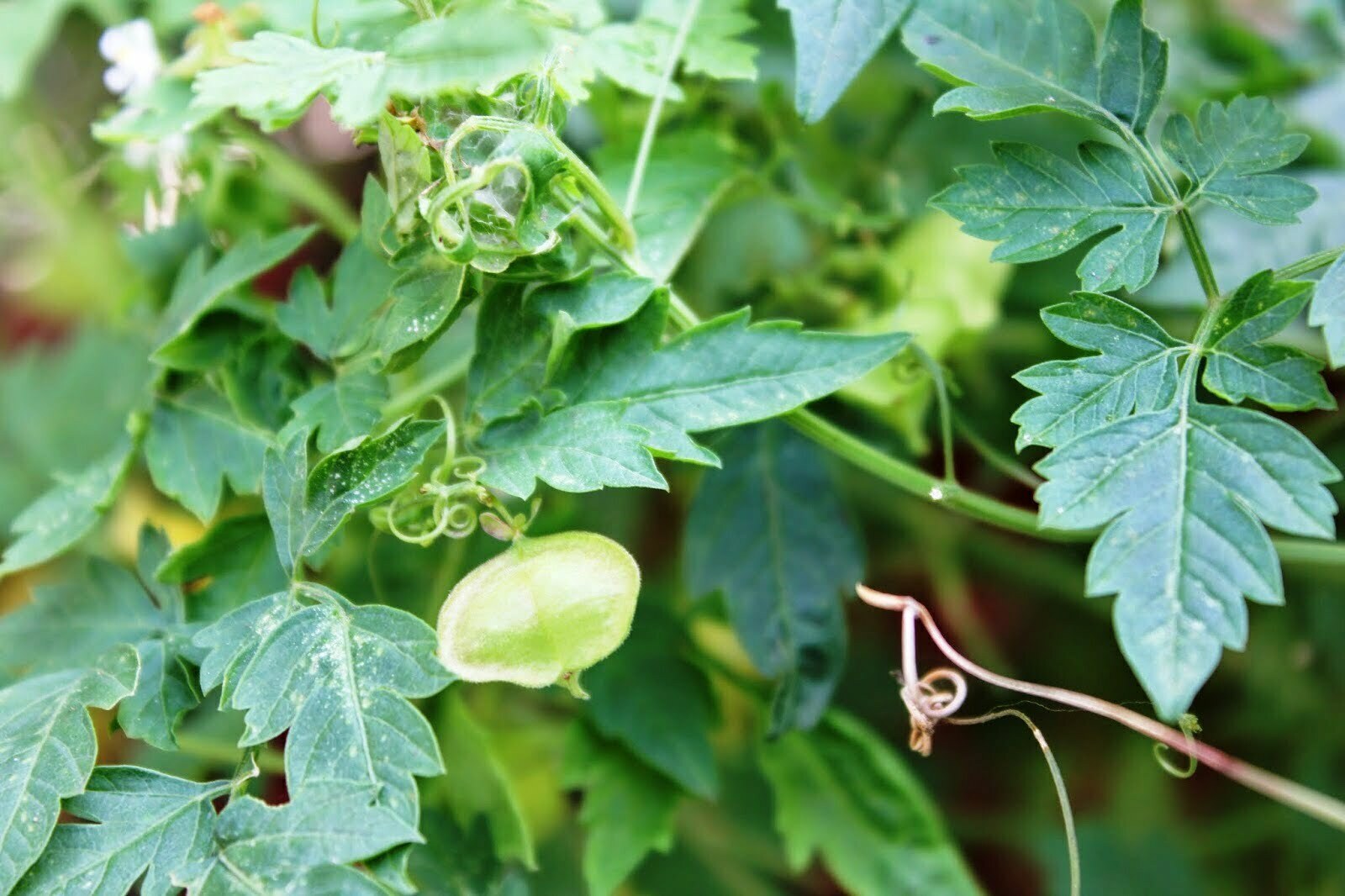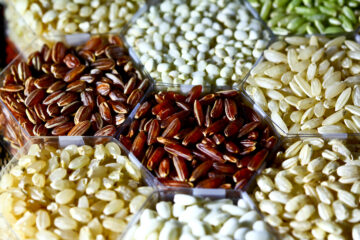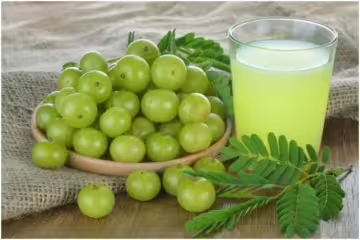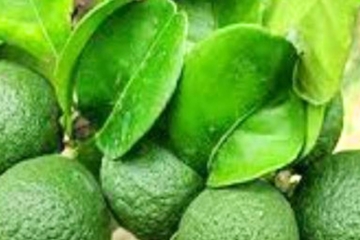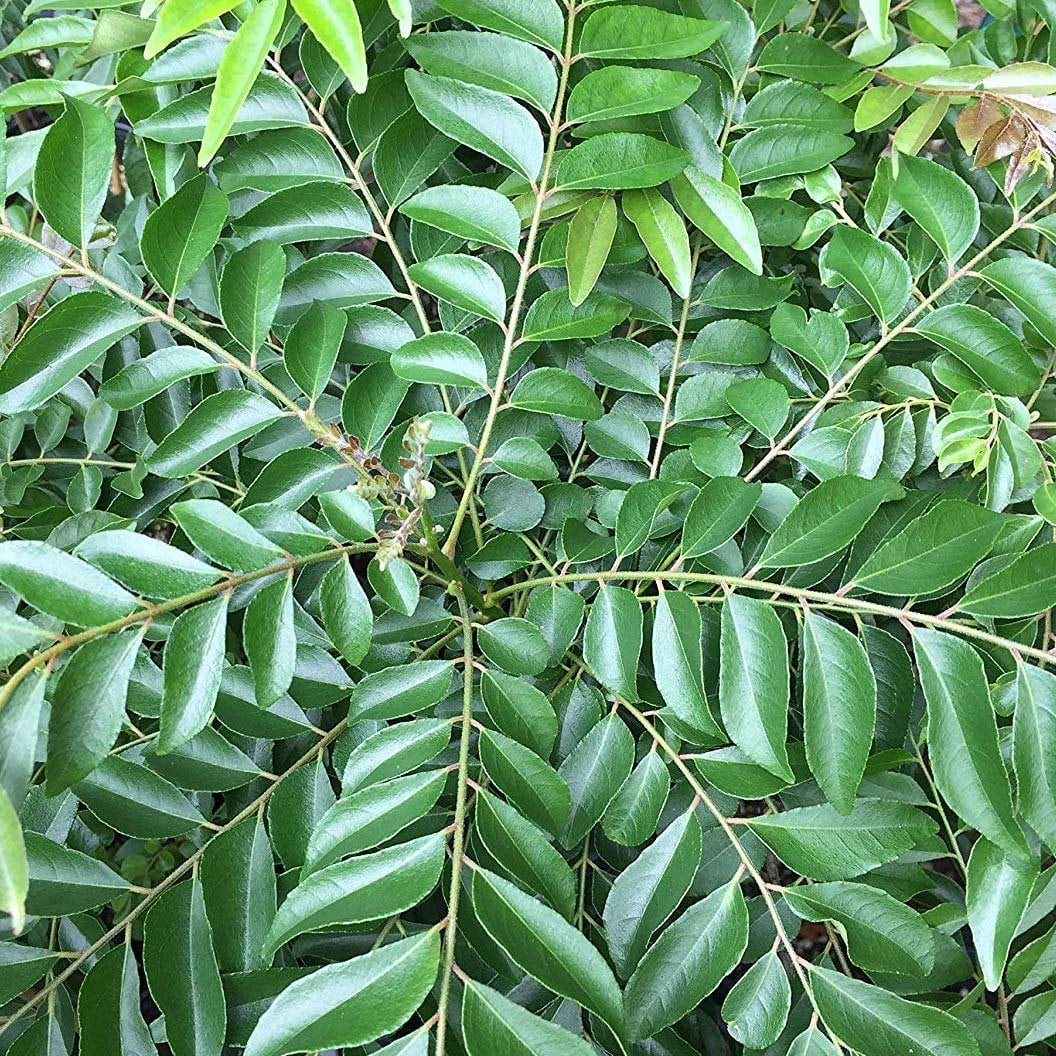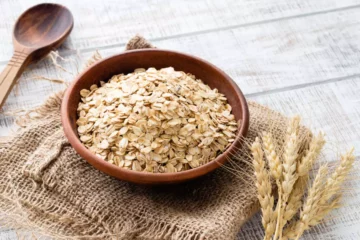Published in the May 2017 issue
In modern times, even minor ailments such as sneezing, headaches, and fever prompt us to rush to the nearest medical facility. However, in the past, our grandparents would treat various ailments using medicinal herbs. They relied on traditional herbal remedies for everything from headaches to childbirth.
Due to work and the pursuit of better opportunities, children often move to cities, leaving their grandparents behind in villages. As a result, many urban homes lack grandparents who would traditionally administer herbal concoctions to their grandchildren.
Grandparents are the first and best teachers for children. Their stories and songs impart moral lessons that help shape children into good citizens. Therefore, it is important to ensure that grandparents remain close to their grandchildren.
Similarly, every home should cultivate certain medicinal herbs. With these herbs, there will be less need to visit the hospital for minor ailments. Let’s look at the benefits of 14 such medicinal herbs.
1. Tulsi (Holy Basil)
- Uses: Mixing tulsi leaves with pepper, betel leaves, and neem bark to make a decoction can cure fevers. Chewing tulsi leaves can improve digestion and increase appetite.
- Preparation: Extract juice from tulsi leaves, mix with honey, and give it to children to cure colds.
2. Thoothuvalai (Solanum trilobatum)
- Uses: A decoction of thoothuvalai leaves and pepper can reduce dry cough. Consuming dried and fried thoothuvalai fruits can improve eyesight due to their high calcium content.
- Preparation: Powder the dried stem, leaves, and roots, mix with honey or milk, and consume to reduce asthma and other ailments like mucus accumulation and swollen gums.
3. Aloe Vera
- Uses: Known for treating various female disorders. It is also called Kumari for its benefits to young women.
- Preparation: Remove the green skin, wash 7-8 times, mix 1 kg aloe vera with 1 kg palm sugar, stir well, add 250 g garlic, and cook until it becomes a paste. Consuming a teaspoon thrice a day can treat issues like leucorrhea, urinary irritation, and menstrual problems.
4. Manjal Karisalankanni (Eclipta alba)
- Uses: Consuming it as a green leafy vegetable can strengthen the liver.
5. Ponnanganni (Alternanthera sessilis)
- Uses: Eating ponnanganni without salt can improve eyesight.
6. Nethrappeondu (Four-leaved clover)
- Uses: Known by other names like Nalinikkuru and Arundelai. Applying oil infused with its leaves can prevent the onset of cataracts.
7. Nilavembu (Andrographis paniculata)
- Uses: Also known as Siriyanangai, it is effective against various fevers and toxic bites.
- Preparation: Dry and powder the leaves, mix 30 g of the powder with 1 liter of water, boil down to 250 ml, and drink the decoction to treat chronic fevers.
8. Poolankizhangu (Curcuma angustifolia)
- Uses: Known as Kichili Kizhangu in shops, it can prevent body and sweat odor when applied with turmeric during baths.
9. Omavalli (Coleus amboinicus)
- Uses: Drinking the juice of its leaves can treat throat infections. The leaves can also be used to make fritters for children.
10. Arugampul (Cynodon dactylon)
- Uses: Drinking a decoction made from arugampul, betel leaves, and pepper can regulate blood pressure and improve blood circulation. It also treats skin diseases.
11. Adhatoda (Justicia adhatoda)
- Uses: Effective against coughs and other respiratory issues.
- Preparation: Boil 100 g of adhatoda in 500 ml of water, reduce to 125 ml, filter, add 100 g jaggery, and cook to a syrup. This can be given to children to cure coughs.
12. Poonaikkalli and Vishnukaranthai (Leucas aspera and Aerva lanata)
- Uses: Both these herbs are effective in treating kidney-related ailments and urinary disorders.
13. Nochchi (Vitex negundo)
- Uses: Used for various medicinal purposes. Boiling its leaves with turmeric and inhaling the steam can reduce headaches. Placing dried leaves under the pillow can prevent migraines.
14. Thazhuthazhai (Boerhavia diffusa)
- Uses: Known as Vadamadakki Ilai, steaming with its leaves can reduce body pain. It can also be applied to swollen joints to relieve pain.
By incorporating these medicinal herbs into our daily lives, we can benefit from their healing properties and reduce our reliance on modern medicine for minor ailments.
Dr. G. Kalaichelvi, Assistant Professor, Veterinary College, Veperi, Chennai – 600 007.

